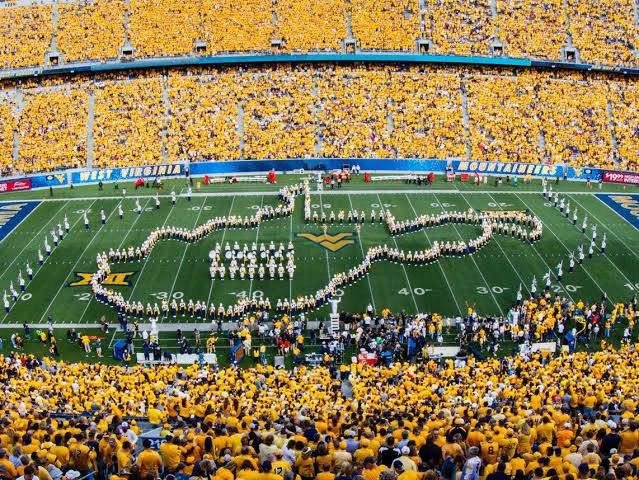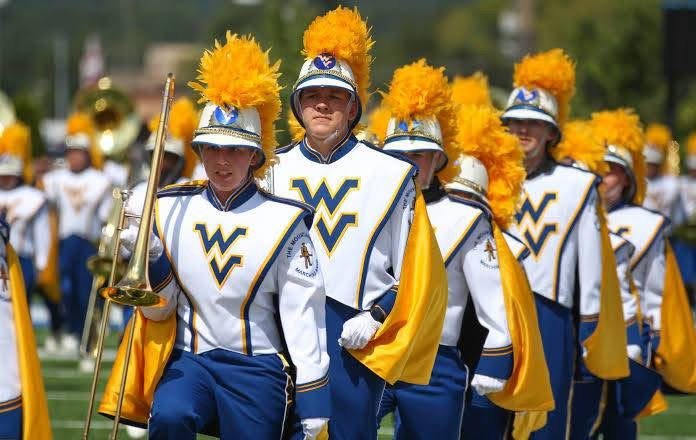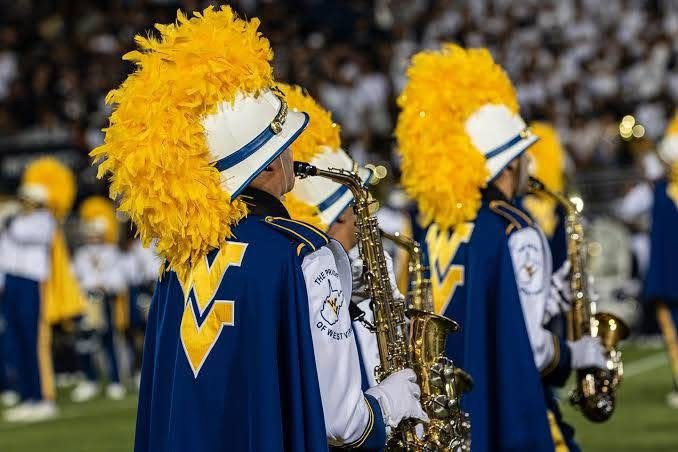From Morgantown to the NFL: How WVU’s ‘Pride of West Virginia’ Became the League’s Most Electrifying Marching Band



It began as a cold Saturday afternoon in Morgantown, with the West Virginia University Mountaineers set to face a ranked opponent. But while fans came for football, they stayed for the spectacle at halftime. The “Pride of West Virginia,” WVU’s marching band, erupted onto the field in a blaze of brass and precision, performing a rock medley with such intensity that the footage went viral overnight. What followed was a revolution—not just in collegiate band culture, but in the NFL.
Within weeks, representatives from the NFL reached out. The league was looking for a fresh approach to halftime entertainment, tired of lip-synced pop acts and repetitive DJ sets. When executives reviewed the video of the Pride’s electrifying performance of Queen’s “Bohemian Rhapsody” fused with Nirvana’s “Smells Like Teen Spirit,” jaws dropped. The energy, choreography, and sheer musical power rivaled any professional act—and had been executed by college students. By December, WVU’s marching band had been invited to perform at the Pro Bowl.
The 380-member ensemble, led by longtime director Dr. Cheldon Williams, treated the Pro Bowl like a national championship. Their routine featured intricate field formations, a pyrotechnic-enhanced drumline battle, and a surprise hip-hop interlude backed by a sousaphone-driven bassline. The crowd roared. NFL players danced on the sidelines. Social media exploded.
That performance marked a turning point. The NFL began rotating the Pride of West Virginia through regular season games, including Monday Night Football. The band was flown to cities like Kansas City, Las Vegas, and New Orleans, performing customized halftime shows that celebrated local culture while showcasing the Pride’s flair for dramatic musical storytelling.
At Super Bowl LIX in Atlanta, the unthinkable happened: the Pride of West Virginia was chosen as the featured halftime act. In a historic 13-minute set titled “Americana Electric,” the band blended Appalachian folk melodies with hip-hop, rock, and cinematic scores. They formed images on the field from coal miners to jazz saxophonists to a soaring bald eagle, all while a 200-person color guard moved like wildfire across the turf. It was the first time a college band had ever headlined the Super Bowl—and it stole the show.
Critics hailed them as “the future of halftime,” and high schools across the country saw a spike in marching band enrollment, inspired by WVU’s rise. Meanwhile, WVU’s School of Music received record donations, and the Pride found itself with a merchandising deal and a dedicated documentary series on Netflix: March to Glory.
Factual fiction or not, this much is true: the Pride of West Virginia’s blend of Appalachian roots, military precision, and fearless innovation proved that you don’t need celebrity status to own the biggest stage in America. You just need heart, horns—and the will to be unforgettable.
